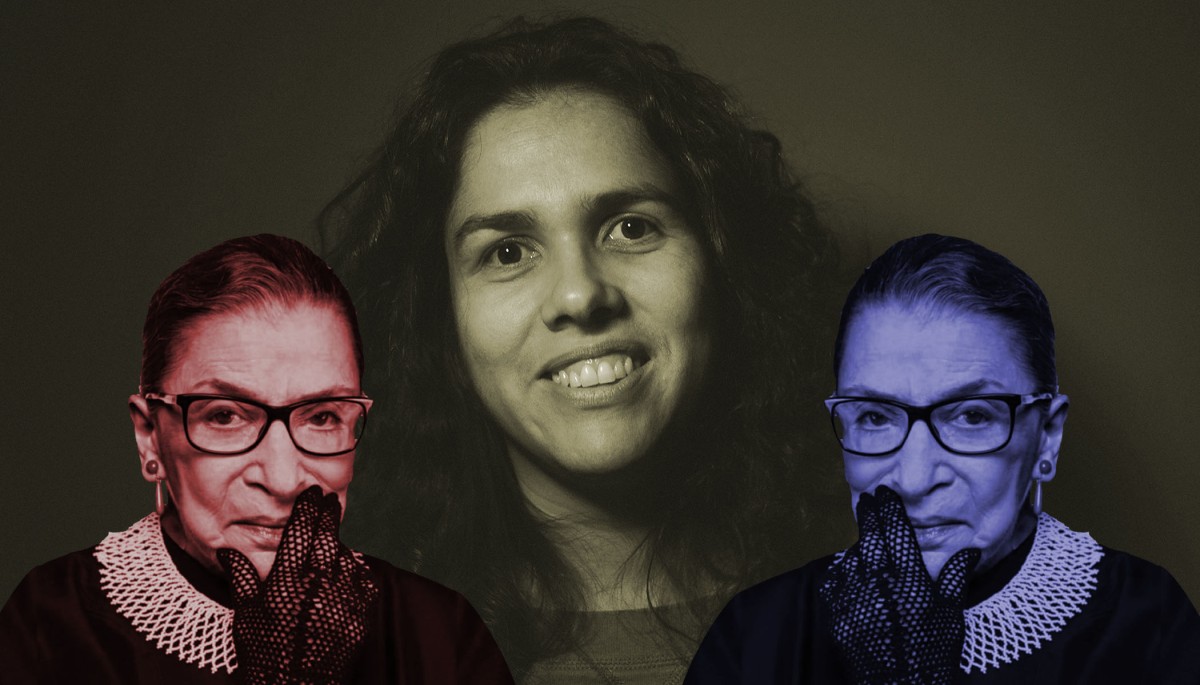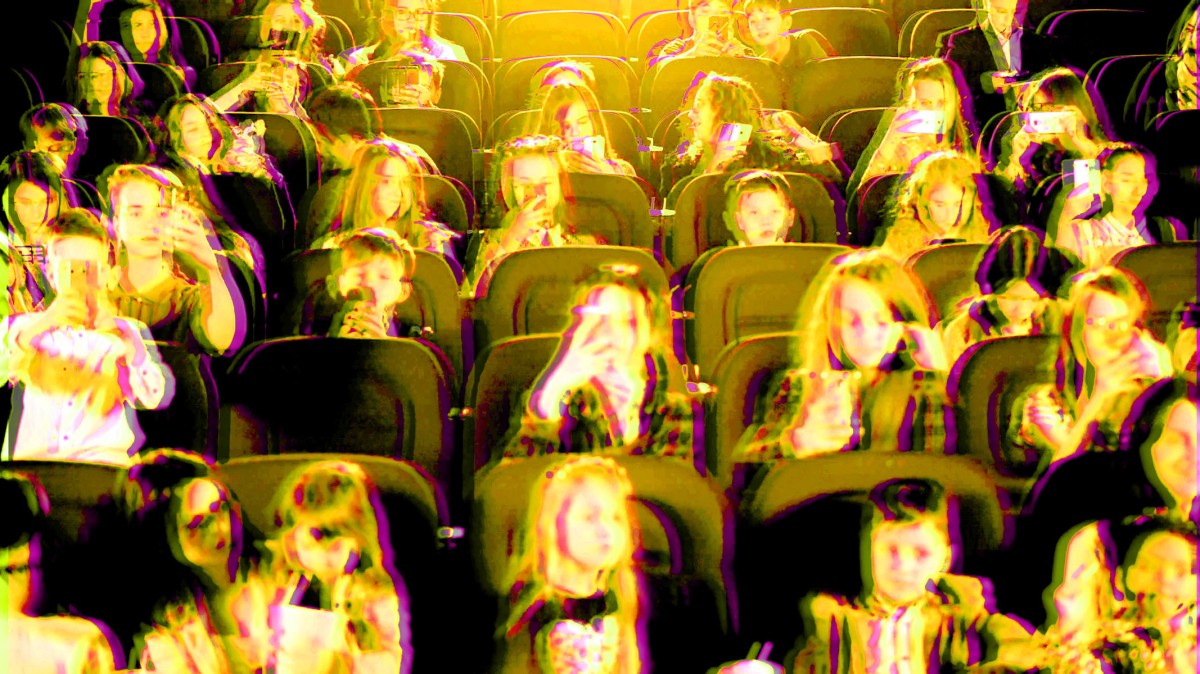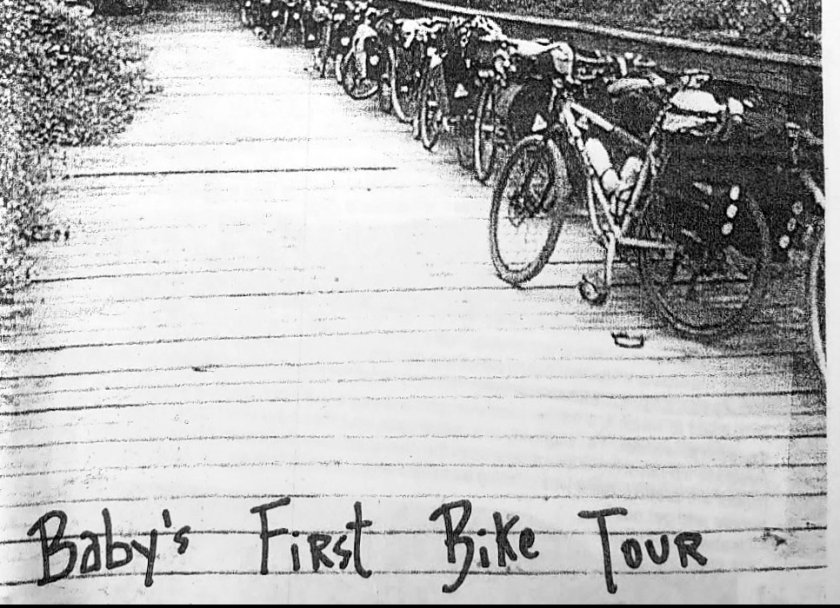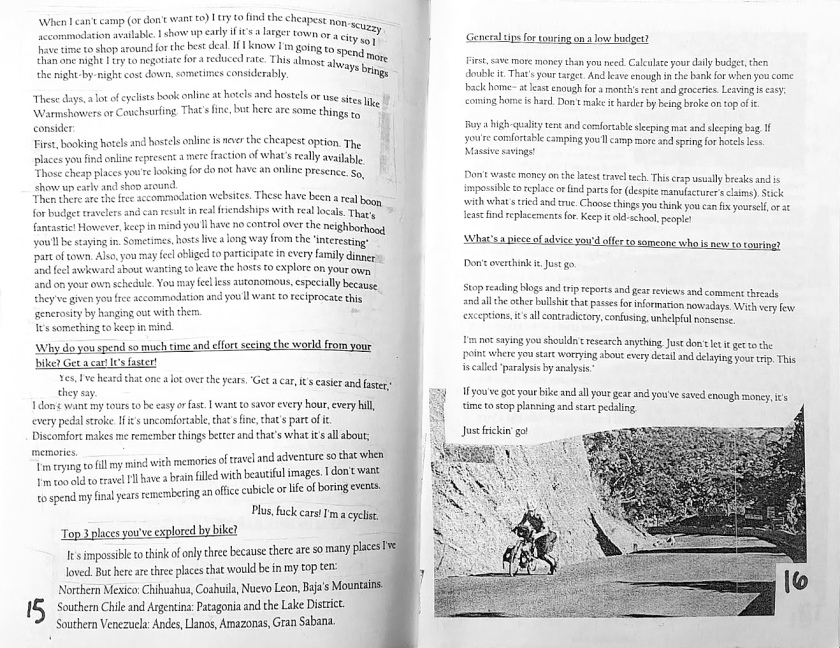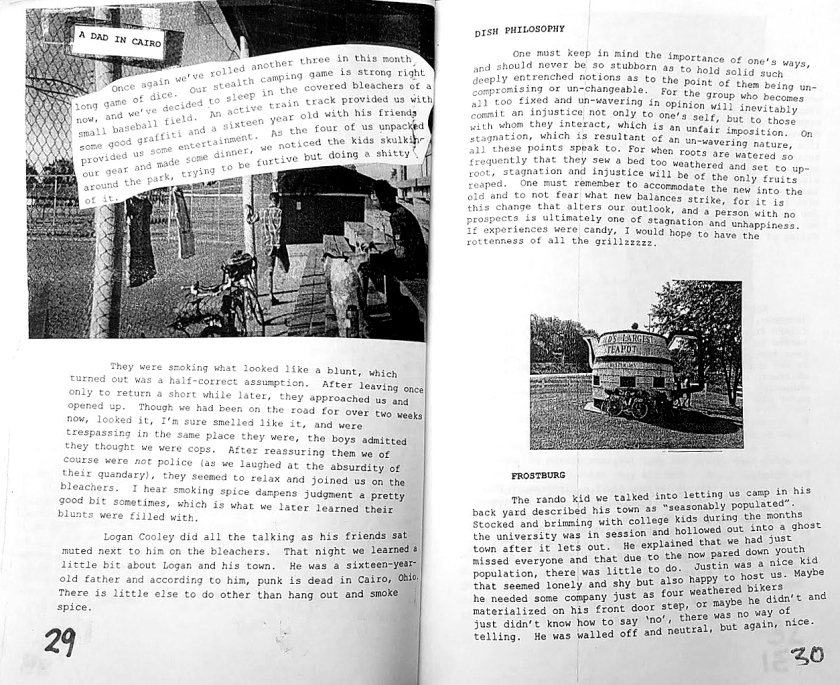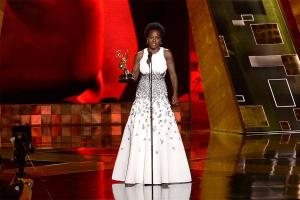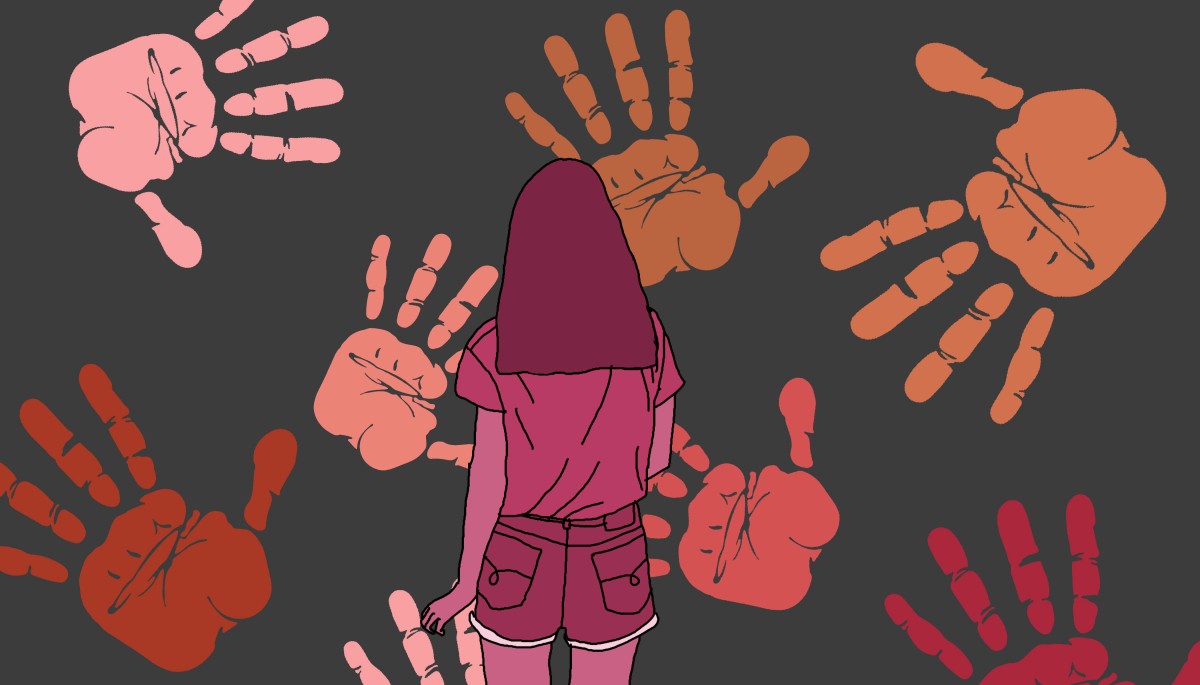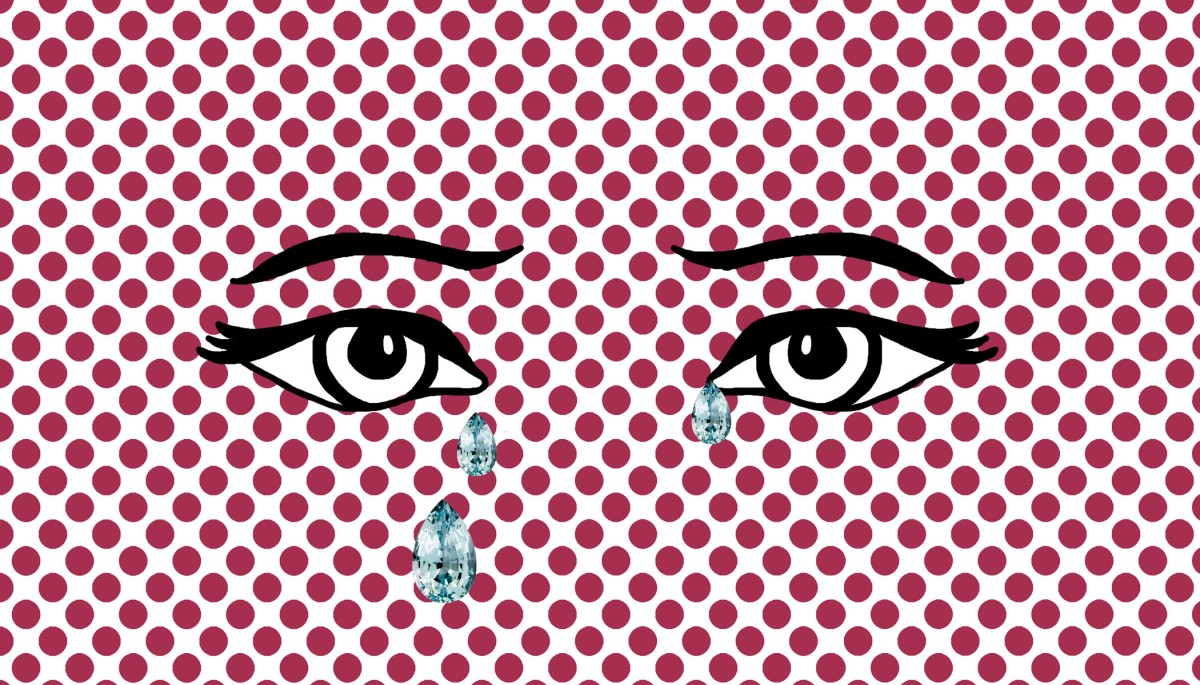Carla Gutierrez is the film editor behind this year’s hit documentary “RBG,” an intimate look at the life and fame surrounding U.S. Supreme Court Justice Ruth Bader Ginsburg. It was her job to distill decades of the 85-year-old’s life and litigation career into one movie. Gutierrez is also the editor of the Oscar-nominated film “La Corona,” the Emmy-nominated documentaries “Reportero” and “Kingdom of Shadows,” and is part of the 2018 class of new Academy members. I met her five years ago after I graduated college when she kindly reached out to me as a fellow alum and let me see what being a working journalist was like.
We chatted about the months she spent editing “RBG,” mentorship, and what it takes to be an editor today:
How do you give viewers a personal experience when you are editing archival footage?
I could talk to you for hours about this. That’s my job. The goal that we have as filmmakers is a strong collaboration with the directors to give a voice to their vision in the detail of the rhythm and the combination of sound and picture. The goal is to create as personal of a picture as you can, to get as close to the subject matter or the characters as you can.
[For the confirmation hearing], those were four days of archival footage that we went through, and a lot of it was dry. It’s about having an eye and looking for the moments that really jumped at you and then building around those moments. So it was very much the moment when the camera was on her husband, on Marty, and he’s smiling while she’s talking about him. And you can only get that from just watching a lot of the material that we have and spending time discovering the potential and the gems. And that was a gem.
You have a lot of interviews where people are talking about how much they love each other, but when you see a moment like that, in actual video, you can see the expressions of them being in the same room. Those are the moments that you focus on and you build around to give them more emotion. It’s fun.
In one moving sequence, we see women of different races and generations on the screen as a young Ginsburg argues her first Supreme Court case, Frontiero v. Richardson, and explains to a group of all-male justices how gender-based discrimination exists. Quotes from her legal brief explaining what it means to be a second-class citizen —“branded inferior,” “subordinate,” “waste of human resources”— appear alongside these women as we see Ginsburg advocate on their behalf.
When I was watching the material at the very beginning, I was feeling emotionally close to the challenges that women in all generations have had that I can relate to, but I never felt so emotionally close to that. As a younger generation, there’s a bit of a distance that we have with the ‘70’s women’s movement, or the struggle to get our vote, because we take some of those things for granted. Through [Ginsburg’s] work, it made me feel incredibly close to those women and incredibly grateful. And it was a conversation with the directors that we wanted to make sure that the viewer also felt close to the women who inspired her work.
In all the interview archival that we have, [RBG] would always talk about the people that came before her. There’s that gratitude that she has for people who have done the work before her. We wanted to make sure that the viewers also felt personally close to those women. And I find that just by seeing those faces looking at you is a way to see them as yourself.
That’s one of things we tried with Frontiero when we were using all those black-and-white pictures of women from all different generations from the beginning of the history of the United States.
Did you end up meeting RBG in person?
I did! I met her at Sundance where we had the premiere.
The directors introduced the entire crew and we were all women. There were six of us. When we stood up, she was super excited about that.
How is it to meet someone you’ve been studying for hours and hours?
It’s really weird, but I’m used to it now because I’ve been editing for a long time. The first time I met a subject that I had edited, I really scared him. I really wanted to talk to him right away. It was like starting a conversation that he didn’t know about, and I wanted to continue that conversation. I quickly learned that you can really scare people and make them feel like you’re stalking them at a party. I keep my distance with subjects now. I’m never going to get to know them on a personal level, I just know them as characters in a film.
A film is a film. You’re compressing so much time, you’re making decisions to focus on one aspect of someone’s life, you’re never going to present a whole picture of a person’s life.
Taking a different track on questions, I still remember the kindness you showed me five years ago and it made me think a lot about mentoring. Have you ever had someone like that for you?
Yes, other editors. I’m really lucky that I’m in a career where documentary editors are really generous with each other and with their time, I’ve found. With documentaries, it’s not like you’re making the big bucks.
Most people in this industry really love what they are doing and they really want to do it for a bigger reason because they feel the need to tell a story or they think that there’s a social issue it’s really important to bring more light on.
A lot of the editors I’ve met have been incredibly generous. There’s one person in particular that gave me my first shot. I started as a translator for her, then as an assistant editor, then I ended up as a second editor. Her name is Kim Roberts. She just gave me the space to try things and to edit scenes and I learned a lot from her about longform storytelling.
What would be your advice for someone, particularly someone who is Latina who wants to do what you do and work as an editor?
If I get a call from a young Latina woman, I will definitely make myself available to them.
Watch a lot of films, and try to talk to the people you admire. Study people, so that when you talk to them, make sure that you know their work. Look for opportunities for mentorship. When you’re working at an entry-level assistant editing position, don’t be scared to ask the editors for you to be available in the room where story conversations are happening. The worst thing that can happen is really people saying no.
When I’ve had the chance to work on a bigger team, I’ve really liked it when people ask me, “Would you mind if I try to edit something in my free time?” or “Would you mind if I sit when you’re talking with the directors?” I always tell them, well let me talk to the directors because it’s really up to them, they’re the bosses, but I would love it.
If you come in, just be respectful and listen unless someone asks you for your opinion. I learned a lot from watching other people.
For editors, there is a great organization in New York, the Karen Schmeer editing fellowship. The fellowship gives a fellowship to one emerging editor a year and they recently started a diversity program and the pilot is only in New York. I’m a part of that, I’m a mentor to a few of them.
If I get a call from a young Latina woman, I will definitely make myself available to them.
For this industry, everything is word of mouth. As an editor you are getting into an intimate creative collaboration with people. People really want recommendations. Directors are giving their babies to editors. We’re kind of the doulas. They want to feel comfortable with the editors and they want the right match.
What were other favorite movies from this year?
—“Won’t You Be My Neighbor?”
I really loved the Fred Rogers documentary. The communal experience of sobbing loudly in the theater is really cool and cathartic.
—“This Is Home”
It’s a verite film about new refugees in the United States. It’s mostly grounded in observational footage. That was a really strong film.
—“The Sentence”
Also incredibly moving and essential for the discussion of prison reform and family separation.
—“Inventing Tomorrow”
There’s a global science competition fair for high school kids. Kids all over the world apply to it. The documentary focuses on kids in the third world who are doing projects specifically to solve environmental problems that they are facing in their backyard. My son who is really into science loved it and the conversation that it sparked on environmental change was great for him to have.
